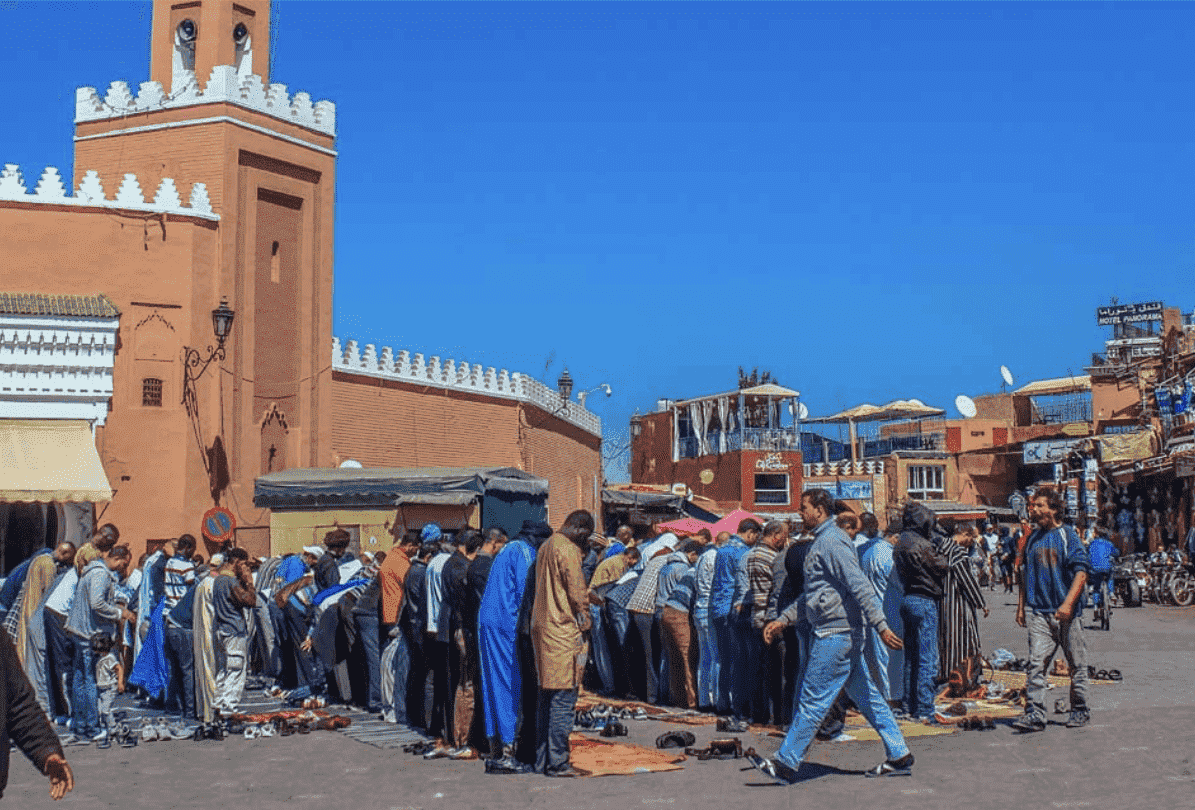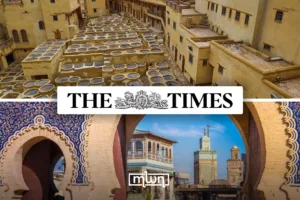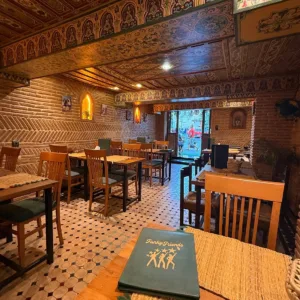Tradition, religion, and culture are strongly linked to and complement each other. In most societies across the world, however, there often are so many celebrations and customs that we struggle to understand their origins.
A tradition is a belief or behavior passed down within a group or society with a symbolic meaning or significance. Growing up in Moroccan society, I learned much from my environment and surroundings.
One such observation I quickly discovered was the unique significance of Friday and all its many accompanying traditions. Friday, it seemed, was a day unlike any other. Everyone’s behaviors and habits changed, I realized, as I watched my father wear his best clothes and favorite perfumes to the mosque. So what is responsible for Friday’s distinct and notable customs? Why have we elevated it above the rest of the days?
Friday and Islam
Friday possesses particular significance in Islam, as the Qur’an labels it as a blessed day of prayer in a chapter titled “Al-Jumah,” which also means “day of assemblage” and serves as the Arabic name for Friday. Friday is therefore the most significant and favorable day in Islam, as God designated Friday as a day of devotion by marking the assembly of Muslims in the congregation to worship.
In addition to the Friday prayer, shorter than regular midday prayers, Friday services include a sermon usually delivered by a professional, male Muslim clergy member in Muslim majority nations. However, male lay community members often deliver such sermons in the West.
Before prayers, Muslims typically bathe, apply perfume and brush their teeth to make themselves presentable to their fellow worshippers. The communal nature of Friday prayer is critical, as Prophet Muhammad emphasized the need to worship in groups rather than alone, promising spiritual benefits and pardoned sins. According to the Prophet, attending Friday prayers is akin to praying and fasting for an entire year.
Read Also: Friday Couscous: Morocco’s Most Valued Tradition
From a traditional perspective
Although customs differ, many Muslims often spend Friday with their families, attend prayer, and rest. While commercial operations continue after Friday prayers, most people in Muslim-majority nations take the day off. Additionally, many individuals unable to go to the mosque during the week will make an extra effort to attend on Friday. While there may not be a unique time or place to worship God, there are certain moments, days, and occasions that God has elevated: Friday is one of them.

Friday also marks the revelation of one of the Quran’s most famous verses, (5:3) Al-Ma’idah, which reads: “This day, I have finalized your religion for you, consummated My Favor upon you, and you have chosen Islam as your faith.”
As for Friday’s cultural traditions, many employers provide the chance for workers to leave during lunch and eat with their families. Since most families work throughout the week while the children attend school, it is often difficult for the family to eat together, especially during lunchtime. Therefore, the Friday lunch marks an important opportunity to share a meal as a family and discuss and exchange topics and ideas. Moroccans celebrate Fridays by making a delicious dish at lunch called “couscous.”

















